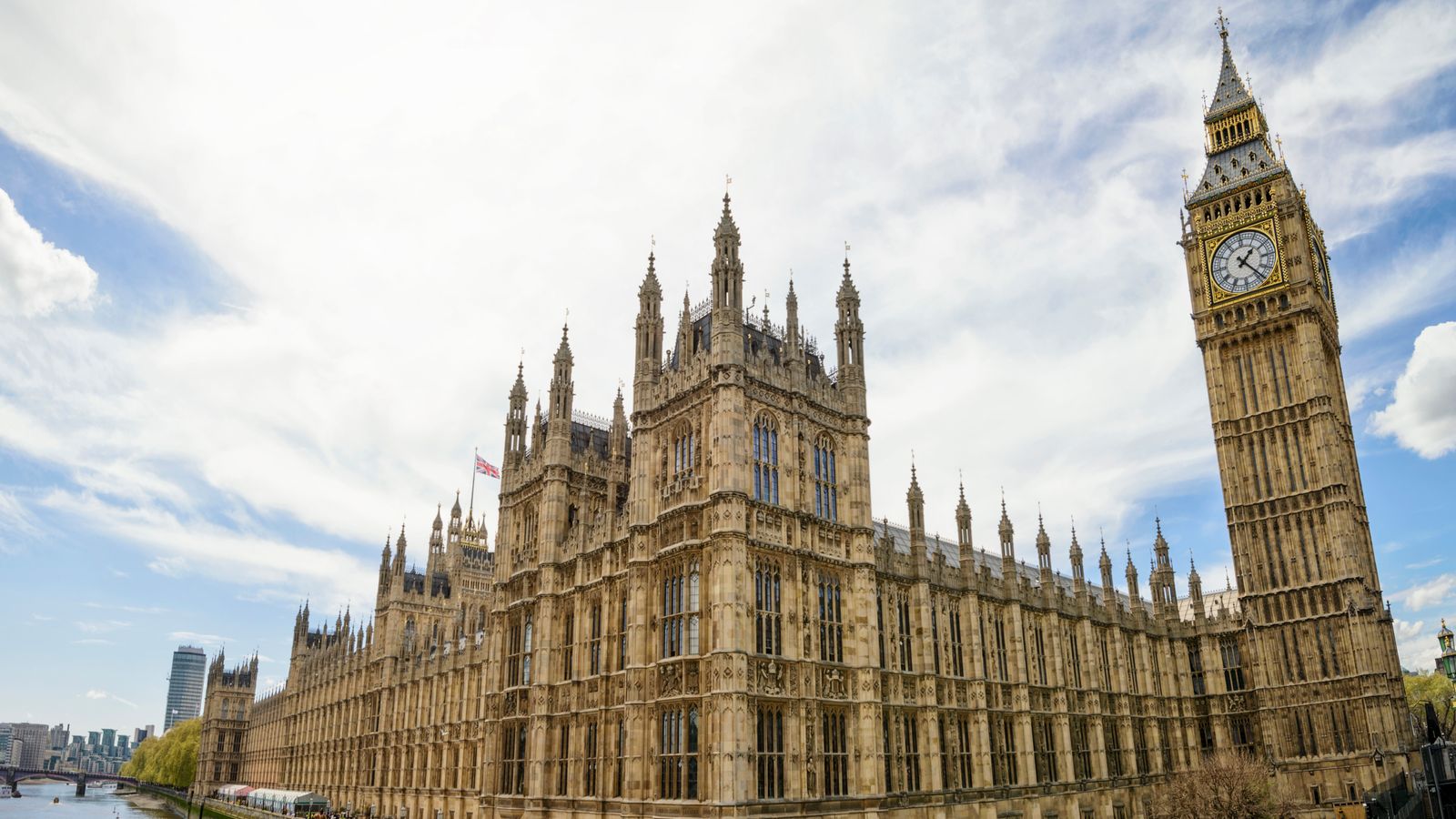Misconduct investigations into MPs could be thrown into jeopardy after the House of Commons authorities agreed to delete the attendance data of members of parliament, unions have warned.
Following complaints by the likes of Jacob Rees-Mogg and Mark Spencer, Clerk of the House of Commons John Benger agreed to delete the data on when MPs had been in parliament after seven days.
The row over MPs’ data being removed arose after Mr Rees-Mogg, a Cabinet Officer minister, tweeted about a “lefty freedom of information request” which showed he had attended the Commons 159 times across 154 sitting days.
He complained, and MPs were then asked by Speaker of the House Sir Lindsay Hoyle to make representations about whether data should be deleted – and it was decided it should be purged every week.
When Sky News asked to see the reasons MPs did not want this data kept – where it could have been accessed through more freedom of information requests – the Speaker refused.
Now, two separate unions have raised concerns about how this could affect investigations into allegations against MPs.
Garry Graham, deputy general secretary of the Prospect union, which represents civil servants, said: “Given the increasing concerns about sexual misconduct by MPs involving parliamentary workers, it seems potentially unwise to destroy evidence that might corroborate an allegation made about such an incident occurring on the estate.”
MPs warn Parliament is not a suitable workplace as fires ‘reported every month’
Another leak in the House of Commons – this time actual water poured in
Shutting Westminster bars not needed as MP scandals ‘bigger than hospitality arrangements’
Jawad Raza, national officer at the FDA, which also represents civil servants, said: “House authorities need to be more transparent about why the decision has been made to delete MPs’ attendance data, as this information could prove vital for security and safety purposes.
“Knowing which MPs have attended the parliamentary estate is often useful when investigating misconduct cases involving bullying or harassment of staff and, indeed, tracking positive cases during a pandemic.”
Mr Rees-Mogg, alongside Leader of the House of Commons Mark Spencer, met with Sir Lindsay before the decision was made.
Parliamentary authorities spoke to security, legal, information management, information compliance, and HR advisers, plus members of the House of Commons Commission.
It comes following a raft of complaints in recent months and years over the conduct of MPs, including the scandal surrounding former deputy chief whip Chris Pincher, which was instrumental in Boris Johnson’s downfall.
Follow the Daily podcast on Apple Podcasts, Google Podcasts, Spotify, Spreaker
A spokesperson for the House of Commons said: “The clerk of the house, as data controller, has completed a review of the House’s data retention policy with respect to Members. Having considered the relevant advice and representations, the data retention policy for Members has been updated so that all pass usage data will be held for seven days only.
“The clerk is satisfied that retention of this data for the proposed period meets all our health, safety, and security requirements. We cannot comment further on the specifics of our security or investigative processes.”






